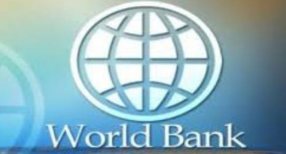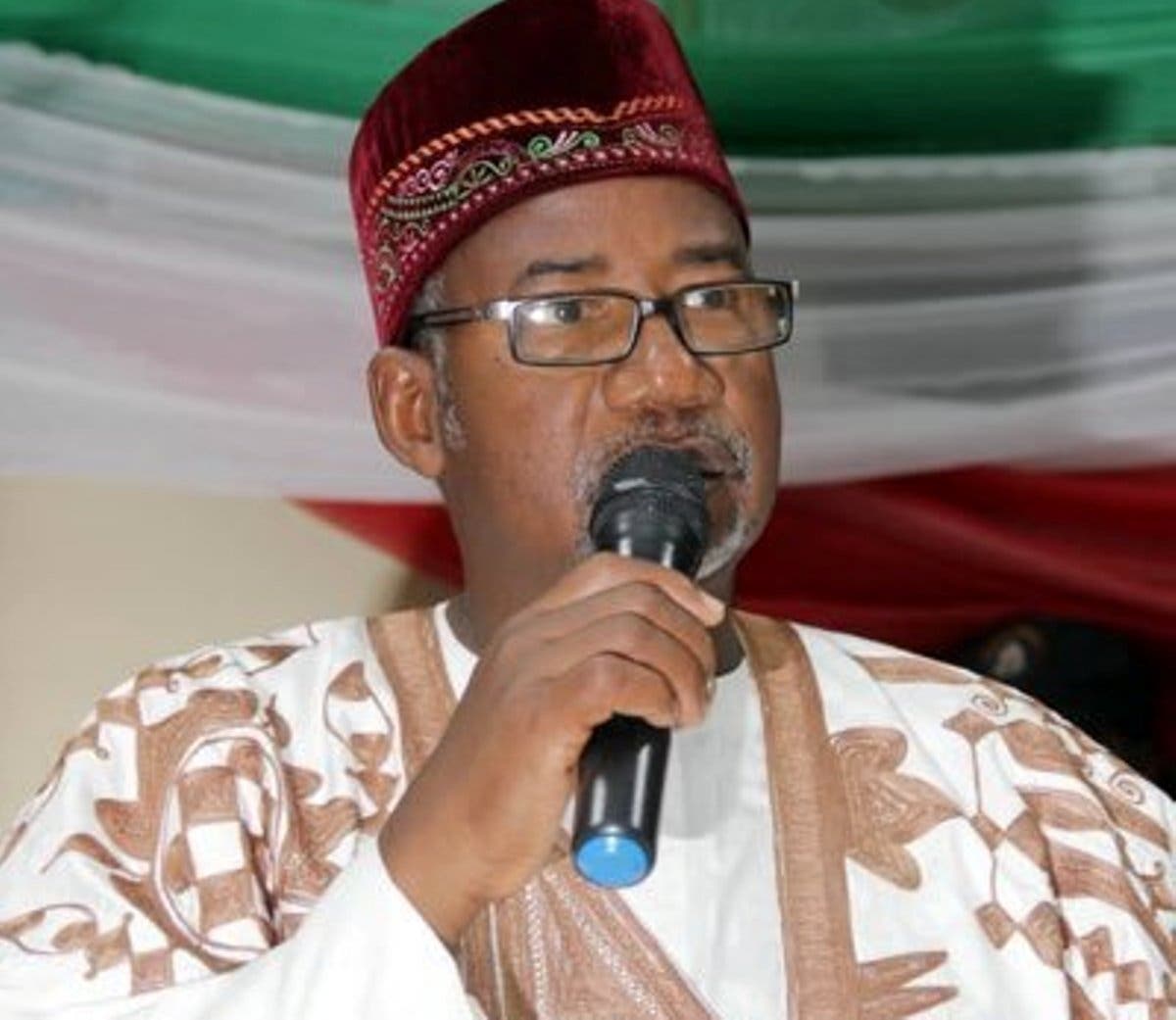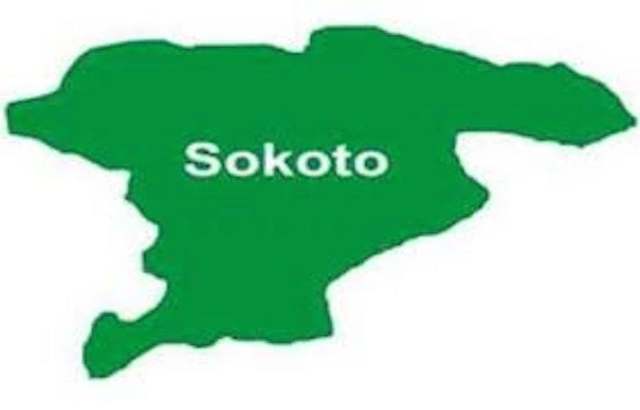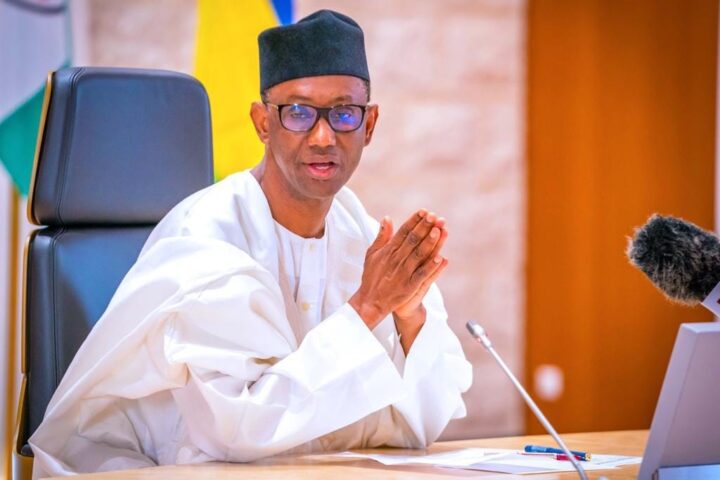THE International Monetary Fund has said inflation, debt, and forex crisis is pushing the Nigerian economy and other African economies to the brink.
The Managing Director of the IMF, Kristalina Georgieva, said ministers of finance and central bank governors on the continent disclosed this to her this week.
She added that most countries on the continent could raise money from the global financial markets and do not have large domestic markets to turn to.
She stated, “The particularly difficult conditions in many African countries at this moment is important to consider. In my meeting with Ministers of Finance and Central Bank Governors from the continent this week, many highlighted how the effects of this, entirely exogenous, shock was pushing their economies to the brink.
“The effect of higher food prices is being felt acutely as food accounts for a higher share of income. Inflation, fiscal, debt and balance of payments pressures are all intensifying. Most are now completely shut out from global financial markets; and unlike other regions don’t have large domestic markets to turn to.
“Against this backdrop, they are calling on the international community to come up with bold measures to support their people. This is a call we need to heed.”
Georgieva disclosed this in a report titled, ‘Facing a Darkening Economic Outlook: How the G20 Can Respond,’ on the IMF’s website. The report, which was released on Wednesday, is a backdrop to the meeting that G20 ministers and central bank governors will have in Bali later this week.
According to the MD of the Washington-based lender, the human and economic impact of the war in Ukraine has worsened with commodity price shocks and an increase in cost of living leading to a crisis for hundreds of millions of people.
She said inflation is now higher than expected and has broadened beyond food and energy prices which has prompted major central banks to announce further monetary tightening.
She disclosed the fund would downgrade its global growth projection for both 2022 and 2023 in its World Economic Outlook update later this month.
She explained that it is going to be a tough 2022, and the possibility of a tougher 2023 is quickly materialising.
Georgieva stated, “It is going to be a tough 2022—and possibly an even tougher 2023, with increased risk of recession.
“That is why we need decisive action and strong international cooperation, led by the G20. Our new report to the G20 outlines policies that countries can use to navigate this sea of troubles.”







